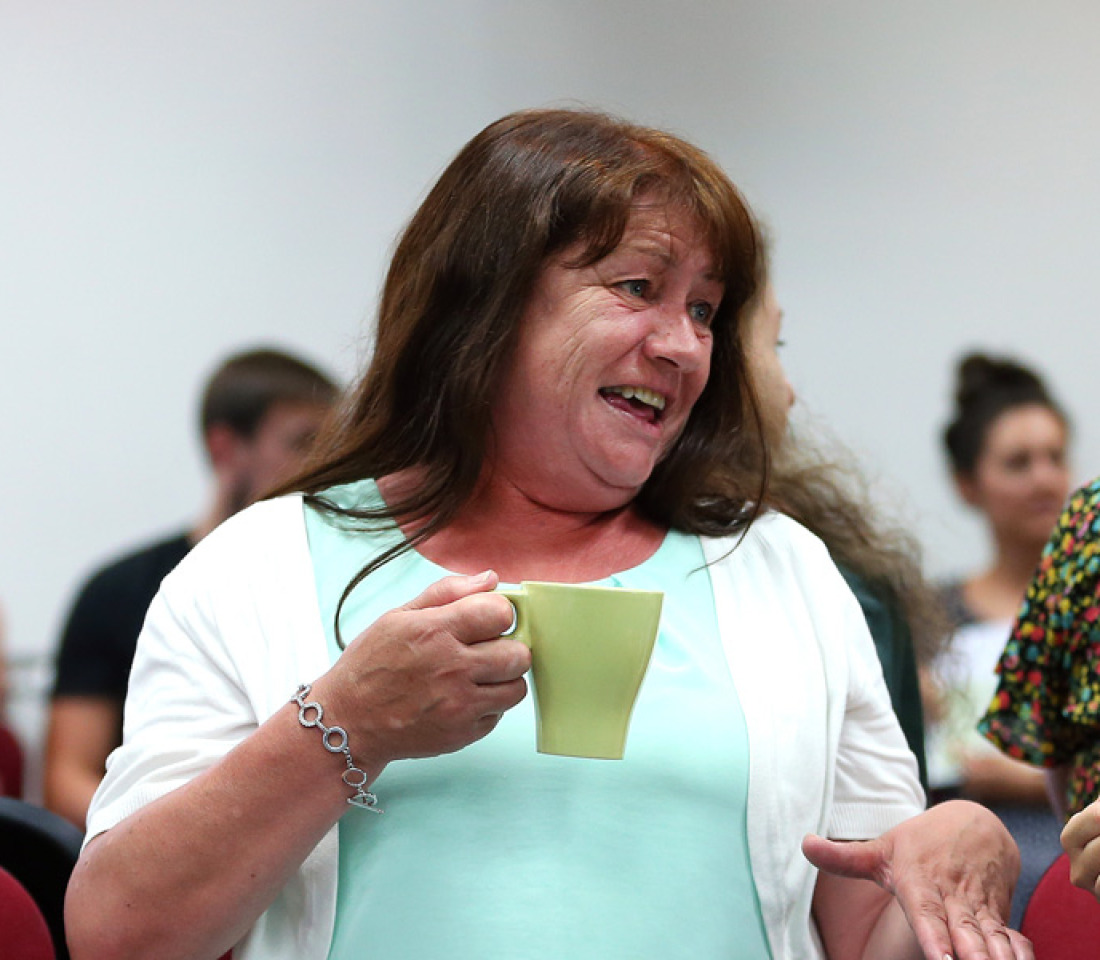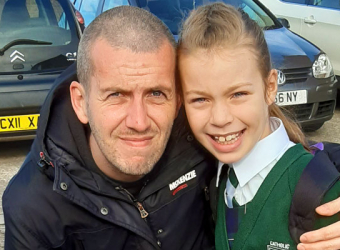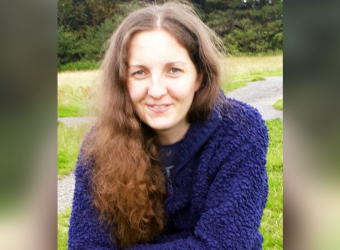
Peyton’s functional neurological disorder story: “Being diagnosed changed my life for the better”
In August 2019, Peyton began experiencing bladder problems, numbness in her left arm and hand and tremors.
She went to hospital many times, but doctors were unsure of what to make of her symptoms and a bladder ultrasound came back normal.
In January 2020, she woke up with back pain which was diagnosed as a herniated disc.
But six months later, Peyton began experiencing numbness and pain in her left leg and difficulty walking.
She was referred for an urgent appointment with a neurologist, but a week later experienced her first ‘symptom attack’ while at work.
Peyton, who also has dyspraxia, a developmental coordination disorder, said: “It began with a sharp pain through my spine and progressed to include a tremor in my left hand, numbness in my leg and a dissociative attack.
“This made me feel like I was disconnected from the world around me, my brain felt like it was on high alert. I was confused about my surroundings and could not remember conversations I had just had.”
In October last year, Peyton was finally diagnosed with functional neurological disorder (FND).
FND is the name given to a group of symptoms which are neurological in nature, but are medically unexplained.
Peyton began volunteering for The Brain Charity as a telephone befriender in January, before undertaking a secondment with our communications and fundraising team.
She said: “Volunteering at The Brain Charity has been an invaluable experience.
“I’ve learned lots of new skills – but the most important thing has been the continuation of my acceptance for my conditions.”
Since her diagnosis, Peyton has invested her time in finding ways of raising awareness of her condition and supporting others who have neurological conditions.
She said: “Before my experience with FND, disability was not something I was comfortable talking about.
“I just wanted to fit into what society classed as ‘normal’, and I even went so far as hiding my dyspraxia from my employers.
“This led them to think I was just slow and clumsy, meaning I struggled even more.
“My FND diagnosis made me realise how important it is to discuss disability and the struggles that come with it, especially for conditions like FND which are very much unknown.
“My experiences have helped me come to terms with my diagnosis and although I know my struggles may not be over, I will be better equipped to deal with them because of all that I have learned.”
Category: Volunteering
Published: 10 November 2021
















